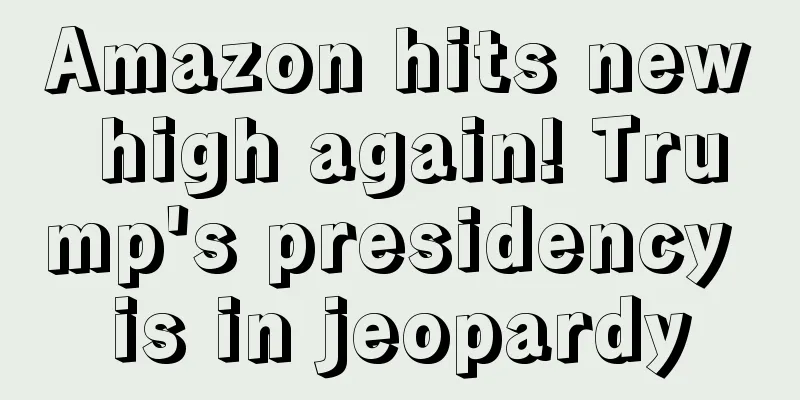What is the Agreement on Trade-Related Aspects of Intellectual Property Rights? TRIPS Review

|
The Agreement on Trade-Related Aspects of Intellectual Property Rights (TRIPS) is a part of the legal framework of the World Trade Organization. The Agreement clarifies that intellectual property is a private right. Signature date April 15, 1994 Entry into force January 1, 1995 Contracting Parties 164 (all WTO members) background In the mid-1980s, the United States and other developed countries became increasingly dissatisfied with the international intellectual property system managed by the World Intellectual Property Organization and planned to transfer the relevant issues to the framework of the General Agreement on Tariffs and Trade. TRIPS was reached during the Uruguay Round of the General Agreement on Tariffs and Trade (GATT) in 1994. TRIPS was established due to intense lobbying by the United States and support from the European Union, Japan and other developed countries. After the Uruguay Round, GATT became the predecessor of the World Trade Organization (WTO). Since signing TRIPS is a mandatory requirement for WTO members, any country that wants to join the WTO and thus lower the threshold for international market access must formulate strict intellectual property laws in accordance with the requirements of TRIPS. Therefore, TRIPS is the most important multilateral instrument in the globalization of intellectual property laws. In addition, unlike other intellectual property agreements, TRIPS has a strong enforcement mechanism. All signatories are bound by the WTO dispute settlement mechanism. TRIPS requirements TRIPS requires member states to provide strong protection for intellectual property rights. For example:
Many of TRIPS's copyright-related provisions come from the Berne Convention, while its trademark and patent-related provisions come from the Paris Convention. Legal status TRIPS is a multilateral treaty under the World Trade Organization (WTO) system. It was adopted when the WTO was established in 1994. Like other WTO treaties, countries or individual customs areas that ratify TRIPS must also accept other multilateral agreements within the WTO legal framework, including the Multilateral Agreement on Trade in Goods and the General Agreement on Trade in Services. dispute Since the entry into force of TRIPS, developing countries, academia and non-governmental organizations have been increasingly critical of the agreement. Some of these criticisms are directed at the WTO as a whole, and many advocates of trade liberalization believe that TRIPS is a harmful policy. (For example, Jagdish Bhagwati pointed out in "Coping with Globalization" that TRIPS hinders the entry of medicines into developing countries.) The wealth redistribution effect of TRIPS (transferring wealth from developing countries to copyright and patent holders in developed countries) and the artificial scarcity levy imposed on countries that have reduced intellectual property laws are the main starting points of such disputes. |
>>: What is Amazon Poland (Amazon.pl)? Amazon Poland (Amazon.pl) Review
Recommend
What is a Wireless TELEC Certificate? Wireless TELEC Certificate Review
(1) Technical standards for TELEC certification st...
15 Reasons Why Your Amazon Account May Be Blocked
As the world's largest e-commerce platform, Am...
What is the United States Department of Agriculture (USDA)? United States Department of Agriculture (USDA) Review
The United States Department of Agriculture (USDA)...
Stop losing money! Share advanced tips on Amazon CPC advertising
What I want to share with you today is the advanc...
Cross-border e-commerce product selection: What kind of men's clothing sells best?
For cross-border e-commerce sellers, the quality ...
Shipping restrictions have been broken!! Just now, Amazon officially launched...
“It is better to lose money than to run out of sto...
How to increase reviews quickly and safely during Amazon’s new product promotion period?
Amazon new product promotion is a part that all c...
Under the new EU VAT regulations, competitors are engaged in a price war. Are sellers really "doing charity"?
Sellers have always been accustomed to complaining...
What is EasyParcel? EasyParcel Review
EasyParcel is a logistics service aggregation plat...
What is Vcan? Vcan Review
Vcan is the first payment processor from Hong Kong...
What is LetGo? LetGo Review
LetGo is a second-hand trading platform based on m...
Large American companies evaded billions of dollars in taxes, including Amazon and FedEx!
<span data-shimo-docs="[[20,"获悉,据外媒报道,根据美国...
What is Sendo? Sendo Review
Sendo is one of the earliest e-commerce companies ...
What is Sellery? Sellery Review
Sellery is a simple app that gives you control ove...
What is Yantian Clipper? Yantian Clipper Review
Yantian Haipai, the seller of this ship, needs to ...









